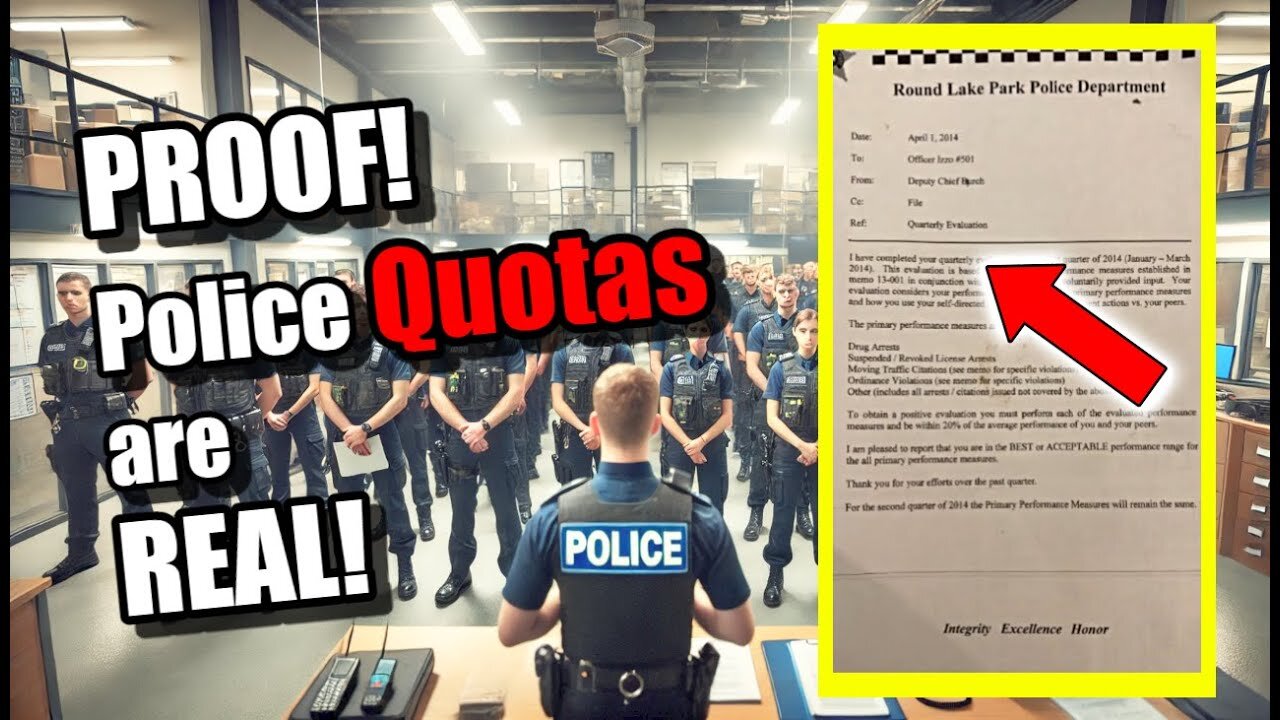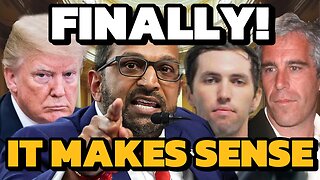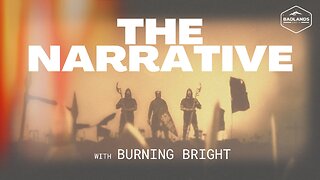Premium Only Content

What Are Police Quotas—and Do They Really Exist?
What Are Police Quotas—and Do They Really Exist?
Though law enforcement agencies routinely deny the existence of strict quotas, internal documents and whistleblower reports suggest that performance targets—often tied to arrests, citations, or stops—can be a daily reality for officers. These targets, while not always formal “quotas,” push departments and officers toward meeting specific numbers, whether officially acknowledged or not.
Quotas are rarely called "quotas" officially, but performance metrics, rating sheets, or expected activity levels are common.
Officers who do not meet expectations may face unfavorable evaluations, reduced shifts, or career stagnation.
How Performance Pressure Shapes Police Behavior
When ‘success’ is measured by simple statistics, officers can feel torn between genuine discretion and job security. This often leads to more ticketing, focus on drug offenses, and less tolerance for petty infractions — sometimes at the expense of community trust and genuine public safety.
Case Example: An officer may issue citations for minor infractions—like broken tail lights or jaywalking—not because of genuine threat, but because targets are looming at month’s end.
The Real Consequences: Lives and Trust on the Line
Minor incidents can lead to court dates, financial strain, or even jail time—damaging careers, family life, and reputations.
Communities report feeling “policed for profit,” especially in high-ticketing neighborhoods or communities of color.
Public trust in law enforcement suffers, making genuine policing even harder.
"We’re not supposed to have quotas, but performance is judged by your number of arrests and tickets." — Retired patrol officer, from syndicated interview
Visual Guide: The Quota Cycle (Infographic)
See how one performance metric can set off a chain reaction impacting officers and citizens alike.
Metric set → Officer pressure increases → Increased stops/arrests → Community backlash → Further strain on police-community relations
Rethinking Accountability: Alternatives to the Quota System
Forward-thinking departments and advocacy groups suggest that shifting metrics toward problem-solving, positive community engagement, and prevention rather than tickets or arrests can help restore trust. Transparency in evaluation systems, citizen feedback loops, and clearer standards of discretion are all under consideration in police reform debates.
Support for national legislation banning quotas (some U.S. states have enacted such bans).
Emphasis on qualitative evaluations and ongoing officer training.
Structured community feedback programs.
Quick FAQ: Police Quotas
Are police quotas legal?
Some states have passed laws banning them, but indirect forms persist.
How can I check if my town has quotas?
Review local council minutes, public reports, or news coverage.
What should I do if I feel targeted unfairly?
File a complaint with your department’s civilian review board; consider seeking legal advice.
Why Awareness Matters
Quotas and performance-driven policing affect us all. Understanding the forces behind the badge is the first step toward smarter reform and a fairer justice system. By demanding transparency and fairness, communities can help shift the balance back to justice over numbers.
⚠️ Support the channel! https://www.paypal.com/paypalme/coptalklive
🚨 Order my new book from Amazon here: https://www.amazon.com/Before-Badge-Everything-Need-Become-ebook/dp/B07ZQRGCTK/ref=cm_cr_arp_d_product_top?ie=UTF8
⚡️ Follow me on Instagram! https://www.instagram.com/dominickizzo/
🔊 Send your messages here! [email protected]
Streaming LIVE Thursday nights at 9p est
Retired cop and guests covering all topics of Law Enforcement to change the culture for the betterment of us all. Dominick Izzo is a retired police officer from the Chicago area.
Izzo became a police officer in March of 2001 after his first test and served the Round Lake Area community as a patrol officer, NIPAS MFF, FTO, Juvenile Officer, Defensive Tactics / Use of Force Expert, DUI enforcer, community liaison, OIC and more.
Izzo fought against the immoral, unethical and illegal activates by command staff and village officials and spearheaded the efforts to expose them.
In 2016, during a federal lawsuit against the department, where Izzo discovered illegal surveillance, Izzo was terminated for a department policy violation. In 2019 after a successful fight against his corrupt former chief, Izzo was cleared, fully reinstated and retired with good standing. In 2018 Izzo ran for Cook County Sheriff in the Chicago area.
Izzo is currently a radio and podcasting host, entrepreneur, media liaison, and author of Before the Badge: Everything You Need to Know Before You Become a Cop.
-
 1:13:50
1:13:50
Cop Talk LIVE
1 month agoThe Fall of America's Police: How they Lost All Respect and Trust
2182 -
 LIVE
LIVE
Matt Kohrs
8 hours agoStock Market Open: The Week Ahead || Live Trading Futures & Options
785 watching -
 LIVE
LIVE
Chicks On The Right
3 hours agoCharlie's Memorial: highlights, the lead-up, the crowds, and the speech that broke the internet.
3,765 watching -
 LIVE
LIVE
LFA TV
12 hours agoLFA TV ALL DAY STREAM ! | MONDAY 9/22/25
6,213 watching -
 1:09:12
1:09:12
JULIE GREEN MINISTRIES
2 hours agoLIVE WITH JULIE
38.4K115 -
 LIVE
LIVE
The Bubba Army
2 days ago90K Honor Charlie Kirk At Memorial - Bubba the Love Sponge® Show | 9/22/25
2,798 watching -
 38:21
38:21
Stephen Gardner
2 days ago🔥Is Kash Patel HIDING DETAILS About Charlie Kirk & Jeffrey Epstein? Judge Joe Brown
75.9K196 -
 26:33
26:33
DeVory Darkins
1 day ago $60.77 earnedRep Omar EMBARRASSES herself in a painful way as Newsom PANICS over Kamala confrontation
108K334 -
 3:28:14
3:28:14
Badlands Media
1 day agoThe Narrative Ep. 39: The Sovereign Mind
133K40 -
 2:17:35
2:17:35
TheSaltyCracker
13 hours agoThe Charlie Kirk Effect ReeEEStream 9-21-25
149K400